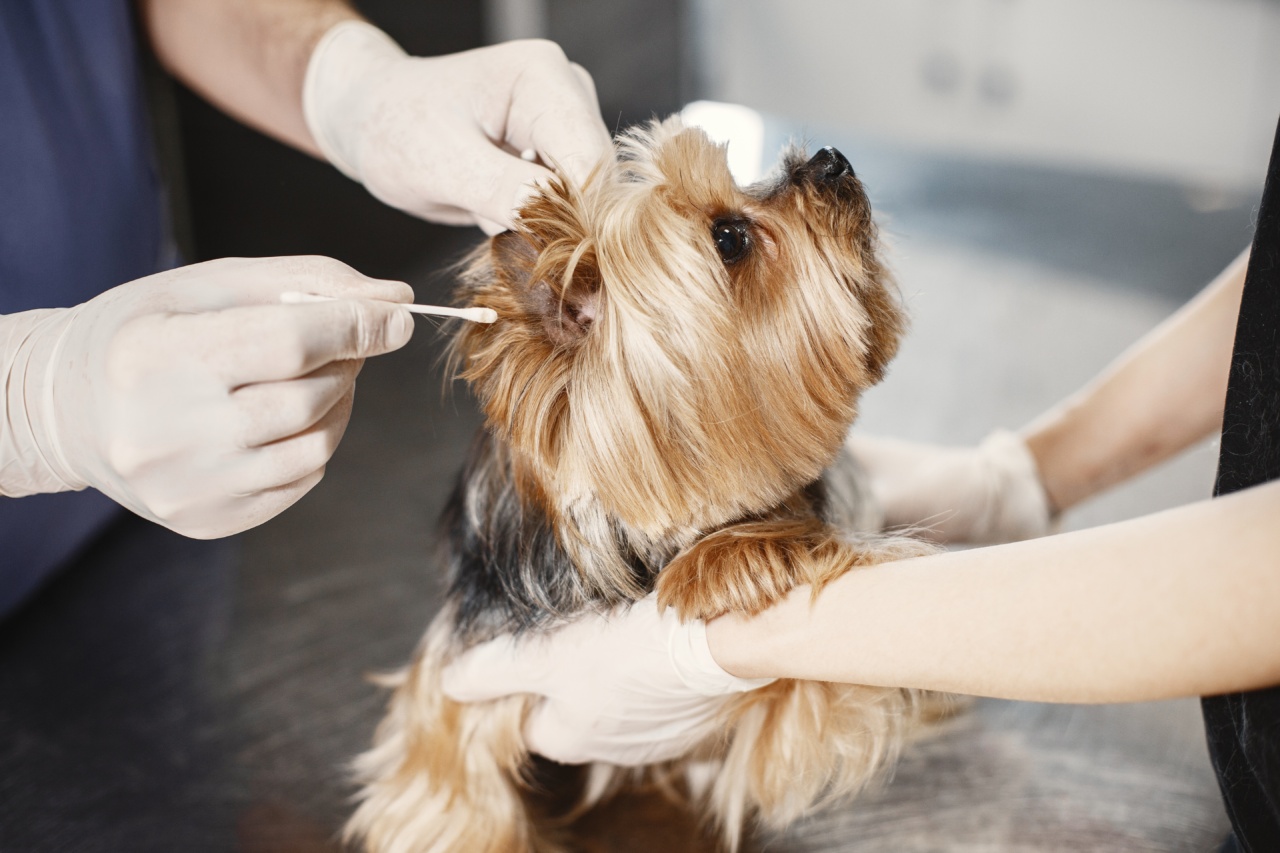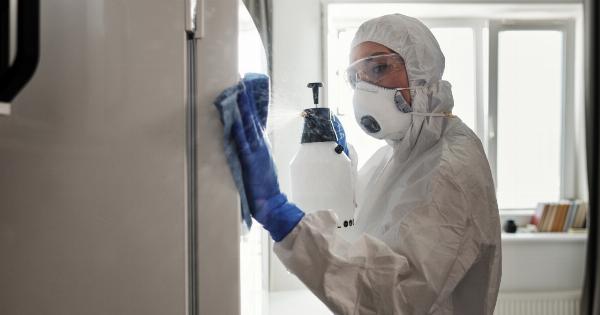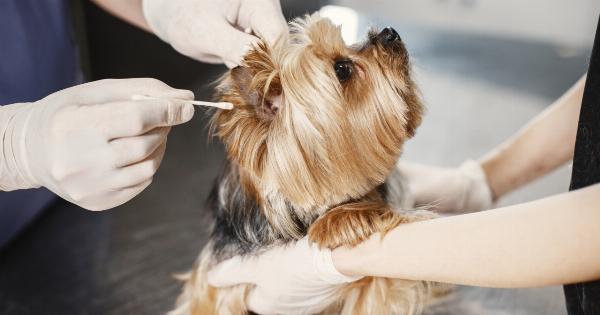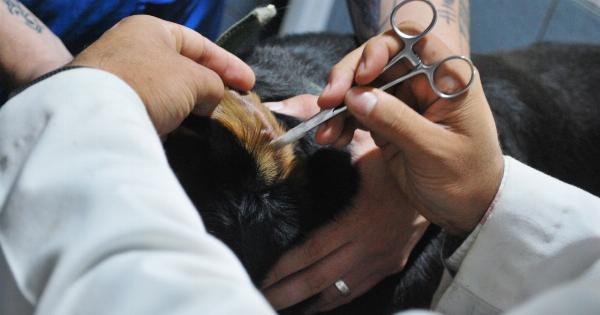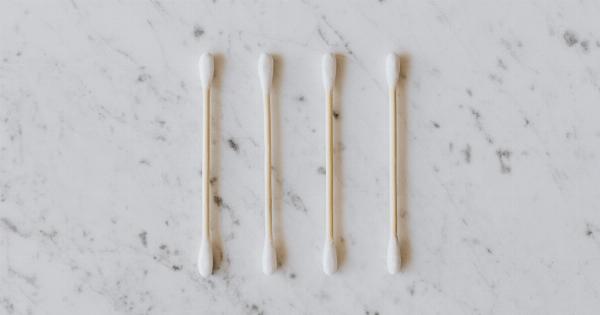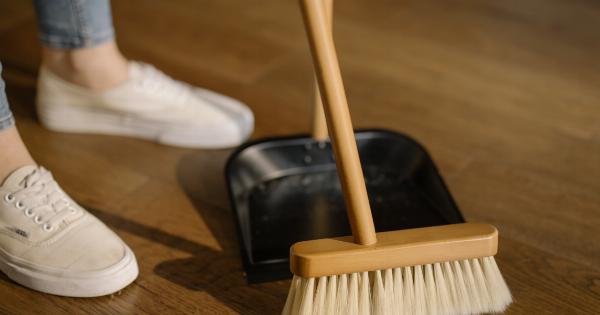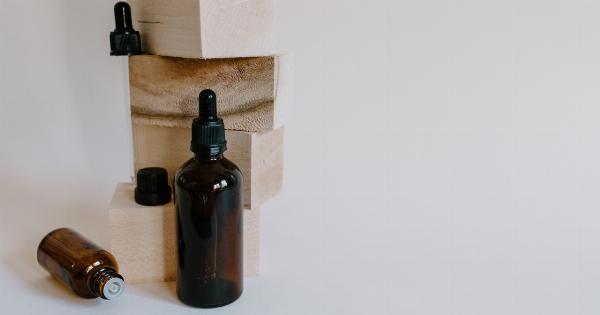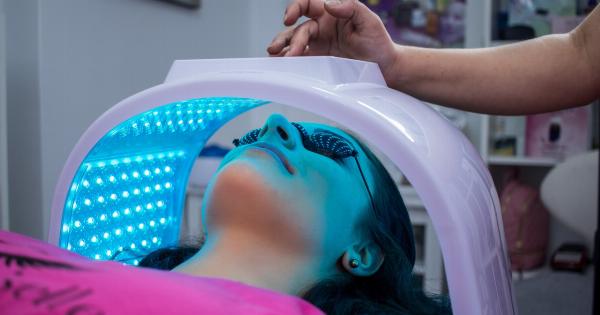Clean ears are not only essential for good hygiene but also for overall ear health and preventing potential ear problems. While our ears are capable of self-cleaning to a certain extent, it’s sometimes necessary to lend a helping hand.
This ultimate guide will provide you with everything you need to know about cleaning your ears effectively and safely.
Why Cleaning Your Ears is Important
Proper ear hygiene is crucial to prevent the buildup of earwax, also known as cerumen, which can cause discomfort and even affect your hearing ability.
Regular cleaning of your ears can also help prevent ear infections and various other ear-related problems.
How Your Ears Self-Clean
The human ear has an incredible self-cleaning mechanism. The movement of the jaw during activities like talking and chewing helps the earwax gradually migrate from the ear canal to the outer ear.
Once there, it naturally dries up and falls out, taking any trapped dust or foreign particles with it.
When to Clean Your Ears
Most of the time, the self-cleaning process is sufficient, and you don’t need to interfere. However, certain situations may necessitate manual cleaning. It’s recommended to clean your ears if you experience:.
- Excessive earwax buildup causing discomfort or impaired hearing
- Visible earwax blockage
- Earwax that is affecting the fit or performance of hearing aids or earphones
- Recurrent ear infections
Understanding the Do’s and Don’ts of Ear Cleaning
Before diving into the different methods of ear cleaning, it’s important to be aware of the do’s and don’ts of the process:.
Do’s
- Do clean your ears only when necessary
- Do use gentle methods to clean your ears
- Do opt for natural solutions whenever possible
- Do consult a healthcare professional if you have recurring ear problems or are unsure about the cleaning process
Don’ts
- Don’t use cotton swabs or any other pointed objects to clean your ears
- Don’t insert anything deep into your ear canal
- Don’t ignore pain, discomfort, or unusual symptoms – seek professional help
Ear Cleaning Methods
Now that you understand the importance of ear cleaning and the guidelines to follow, let’s explore some effective methods to clean your ears:.
1. Warm Water Rinse
One of the simplest and safest methods to clean your ears is using warm water. Follow these steps:.
- Fill a clean bulb syringe or ear irrigation kit with lukewarm water.
- Tilt your head to the side, so the ear to be cleaned is facing upward.
- Gently squeeze a small amount of warm water into your ear canal.
- Let the water sit for a few seconds, and then tilt your head in the opposite direction to let the water drain out.
- Wipe away any excess water with a clean towel.
- Repeat on the other ear, if necessary.
2. Hydrogen Peroxide Solution
Hydrogen peroxide can help soften and remove earwax buildup. Here’s how to use it safely:.
- Mix equal parts of hydrogen peroxide (3%) and water to create a solution.
- Lie down on your side with the affected ear facing upwards.
- Using a dropper, carefully place a few drops of the hydrogen peroxide solution into your ear.
- Remain in that position for a few minutes to allow the solution to penetrate the earwax.
- Tilt your head in the opposite direction to let the solution and dissolved wax drain out.
- Gently clean any residue with a clean cloth or tissue.
3. Olive Oil Drops
Olive oil works in a similar way to hydrogen peroxide but in a more natural and gentle form. Here’s how to use it:.
- Lie down on your side with the affected ear facing upwards.
- Using a dropper, place a few drops of olive oil into your ear.
- Remain in that position for approximately 10 minutes to allow the oil to soften the earwax.
- Afterward, tilt your head in the opposite direction to let the oil and dissolved wax drain out.
- Clean any remaining residue with a tissue or cloth.
4. Over-the-Counter Ear Drops
Over-the-counter ear drops are readily available and can be effective in breaking down and removing earwax. It’s important to carefully follow the instructions provided with the specific product.
5. Seek Professional Assistance
If none of the above methods are successful in cleaning your ears or if you experience pain, hearing loss, or any other unusual symptoms, it’s best to consult a healthcare professional.
They have the expertise and tools to safely clean your ears and address any underlying issues.
Tips for Safe Ear Cleaning
Follow these additional tips to ensure you clean your ears safely:.
- Avoid frequent and aggressive ear cleaning as it can disrupt the natural self-cleaning process.
- Never insert cotton swabs, bobby pins, or any pointed objects into your ears, as they can damage the ear canal or push the wax deeper.
- Always use lukewarm water or solutions at body temperature to prevent discomfort or dizziness due to temperature differences.
- If you wear hearing aids or earphones, clean them regularly to prevent the buildup of earwax.
- Be cautious if you have a history of ear infections or a perforated eardrum – consult a professional before attempting any cleaning method.
Your Ears Deserve Care
Cleaning your ears is an integral part of maintaining good ear health. It’s important to be mindful of the do’s and don’ts, choose safe methods, and promptly seek professional help if needed.
By following this ultimate guide, you’ll be equipped with the knowledge to safely and effectively clean your ears, promoting overall ear health and well-being.
